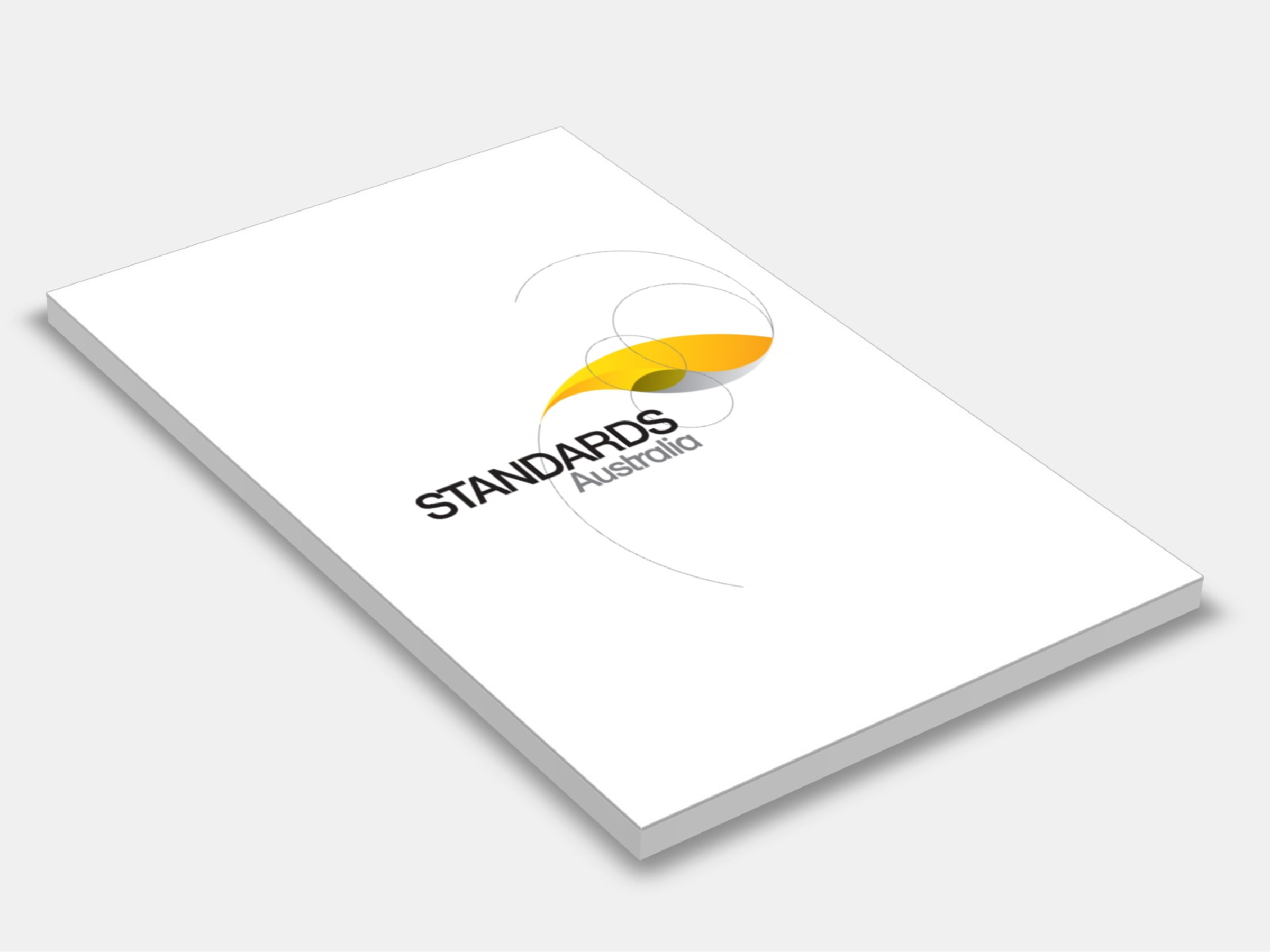
Type
Publisher
Standards Australia
Publisher
Standards Australia
Version:
Third Edition 1986.
(Current)
Short Description
Sets out requirements for fire-rated landing doors for retarding the passage of fire through openings in fire-rated liftwells; it applies where doors are required to have a fire-rating certificate.
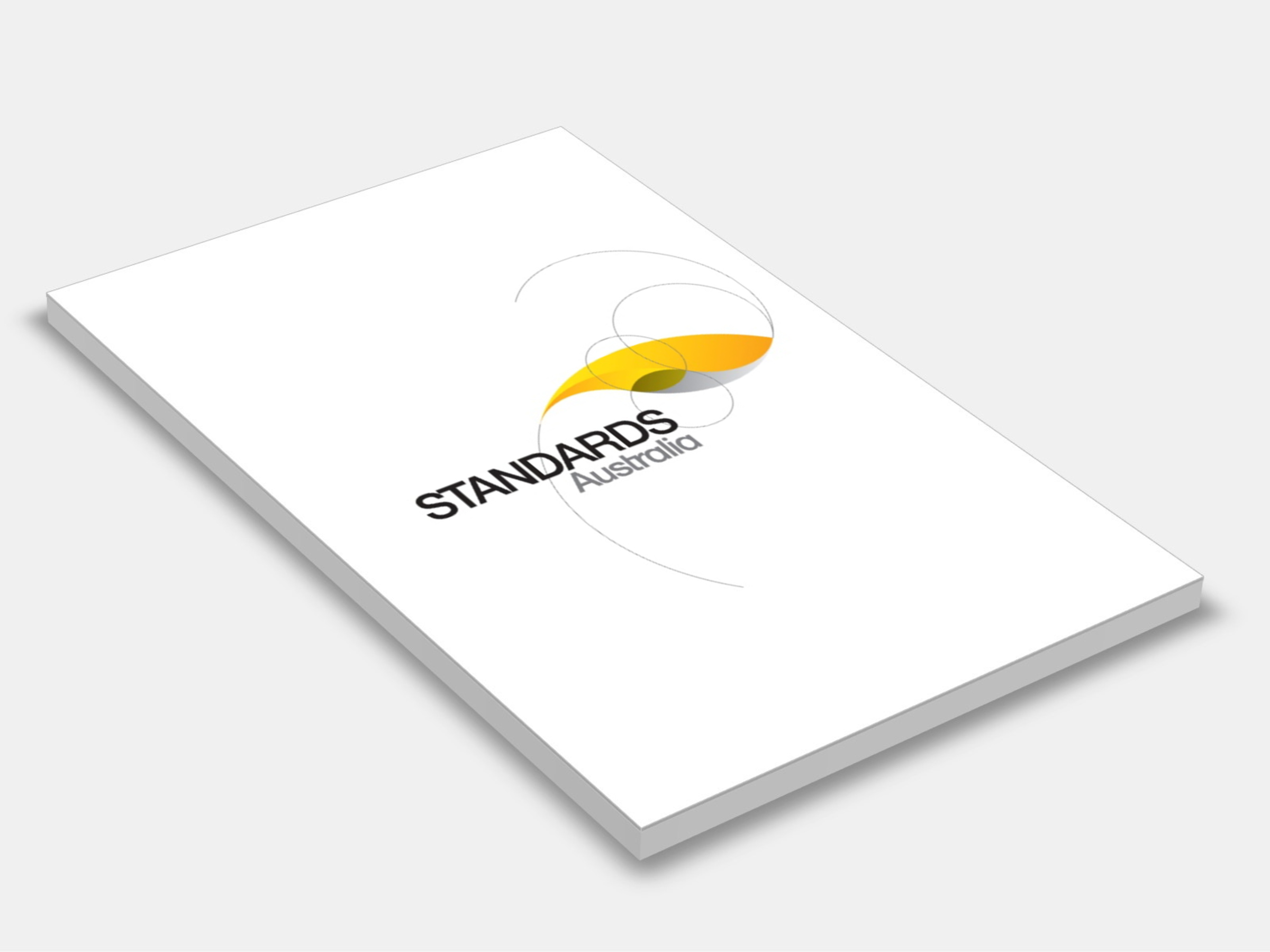
Type
Publisher
Standards Australia
Publisher
Standards Australia
Version:
Sixth Edition 2015.
(Current)
Short Description
Sets out requirements for the construction and installation of fire-resistant doorsets that are used to protect openings in walls, and for partitions that are required to resist the passage of fire.
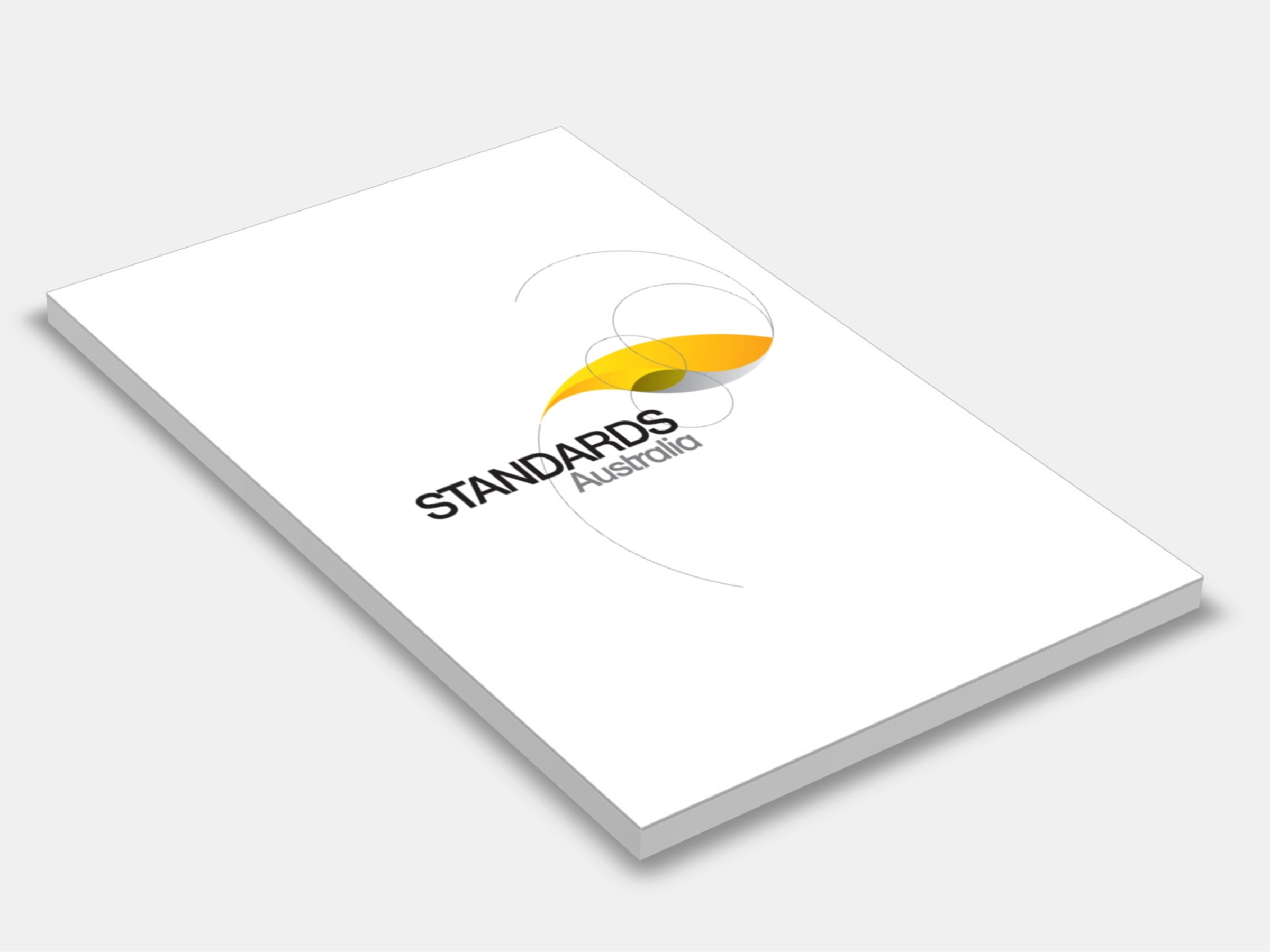
Type
Publisher
Standards Australia
Publisher
Standards Australia
Version:
First Edition 2016.
(Current)
Short Description
Sets out the procedures for the assessment and classification of external walls of buildings according to their tendency to spread fire via the building façade.
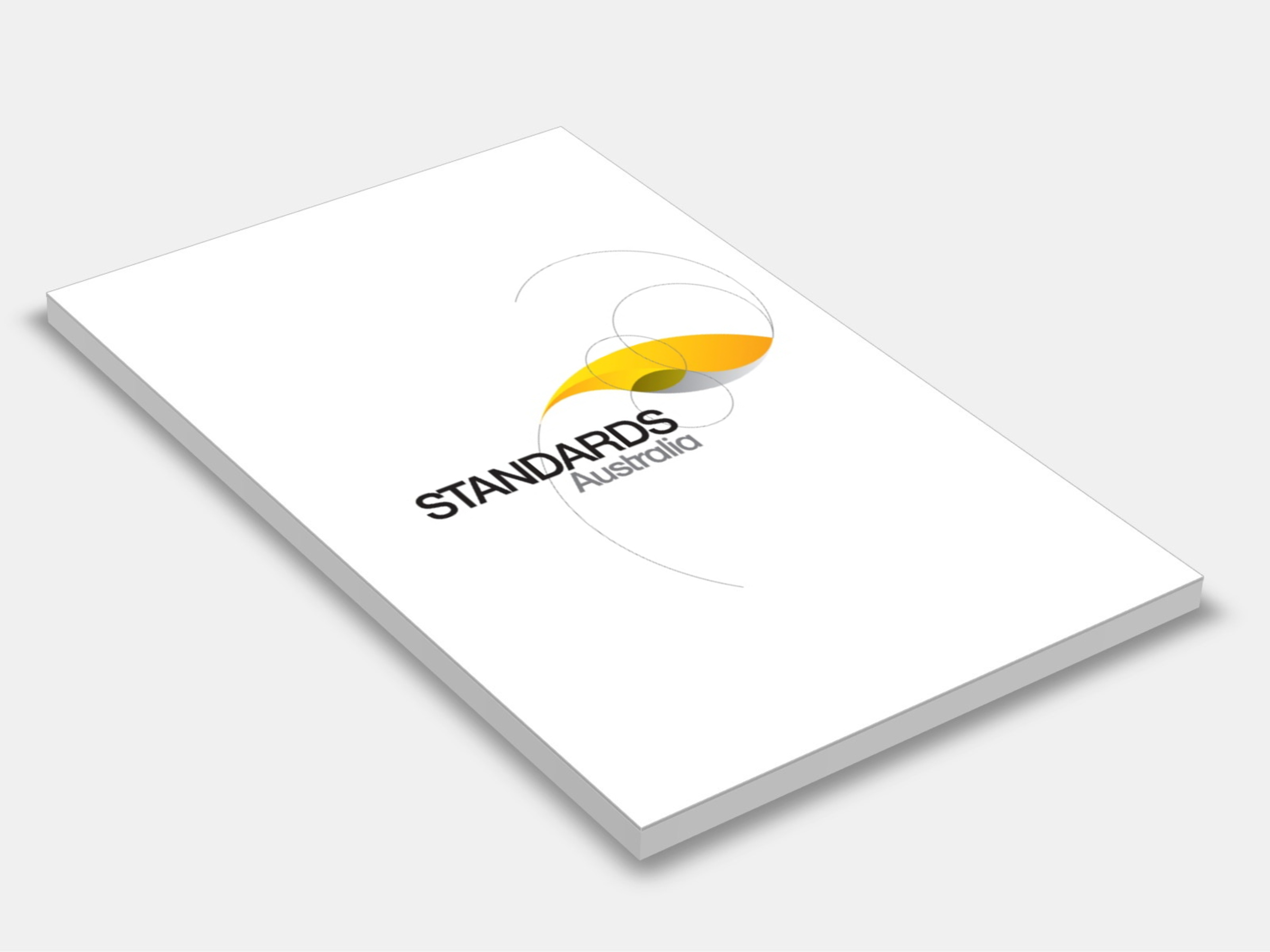
Type
Publisher
Standards Australia
Publisher
Standards Australia
Version:
Fourth Edition 2005.
(Current)
Short Description
Specifies requirements for design, construction and installation of vertically operating roller shutters intended to protect trafficable openings in fire-rated walls; compliance is based on prototype testing in accordance with AS 1530.4; labelling requirements are included.
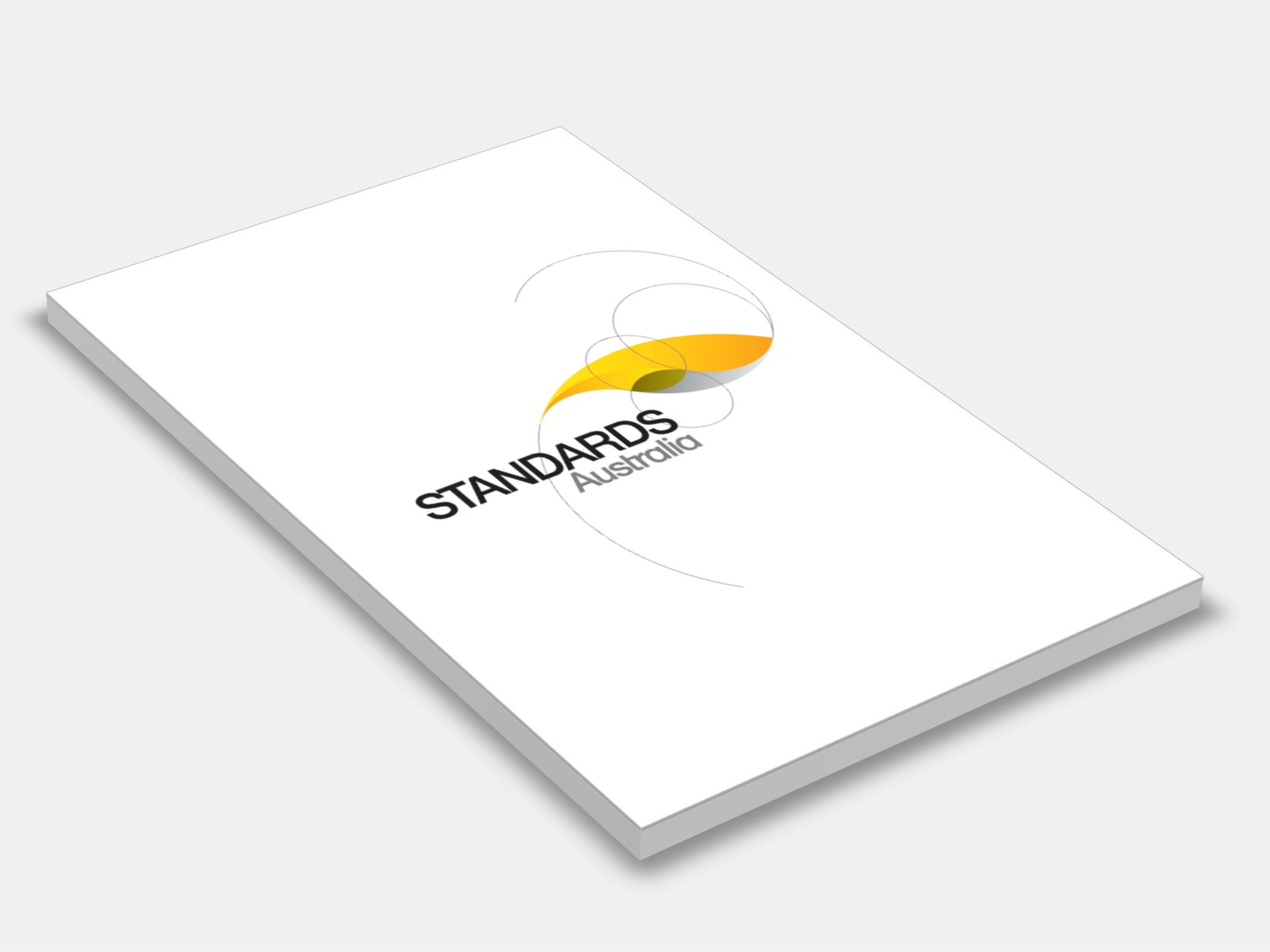
Type
Publisher
Standards Australia
Publisher
Standards Australia
Version:
First Edition 2015.
(Current)
Short Description
Sets out procedures for the assessment of internal wall and ceiling linings according to their tendency to ignite; their tendency to release heat once ignition has occurred; their tendency to cause flashover; their tendency to release smoke; and their contribution to fire growth.
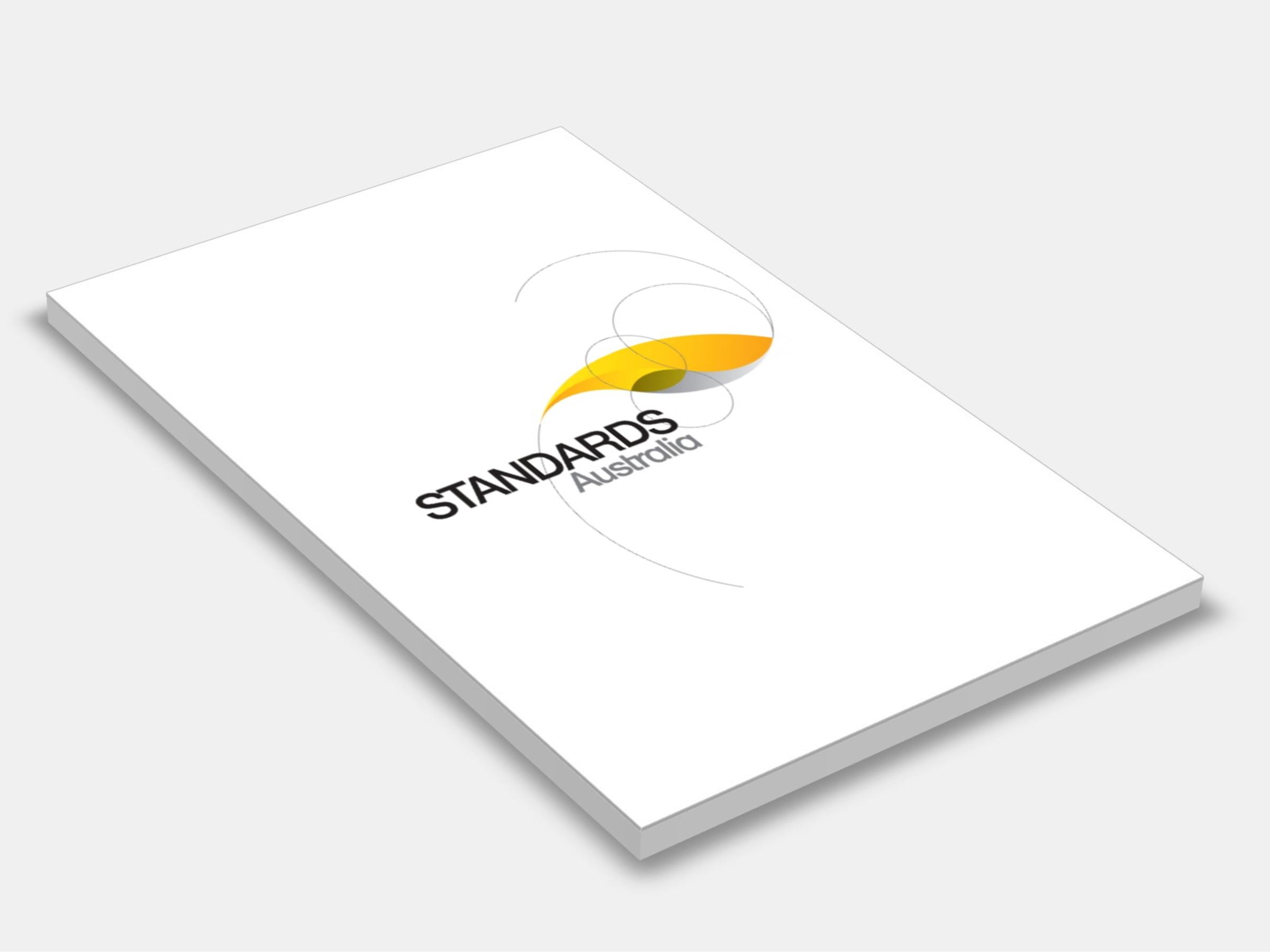
Type
Publisher
Standards Australia
Publisher
Standards Australia
Version:
Second Edition 2005.
(Current)
Short Description
Specifies requirements for the testing, interpretation of test results, and installation of penetration sealing systems and control joints sealing systems in fire-resistant elements of construction.
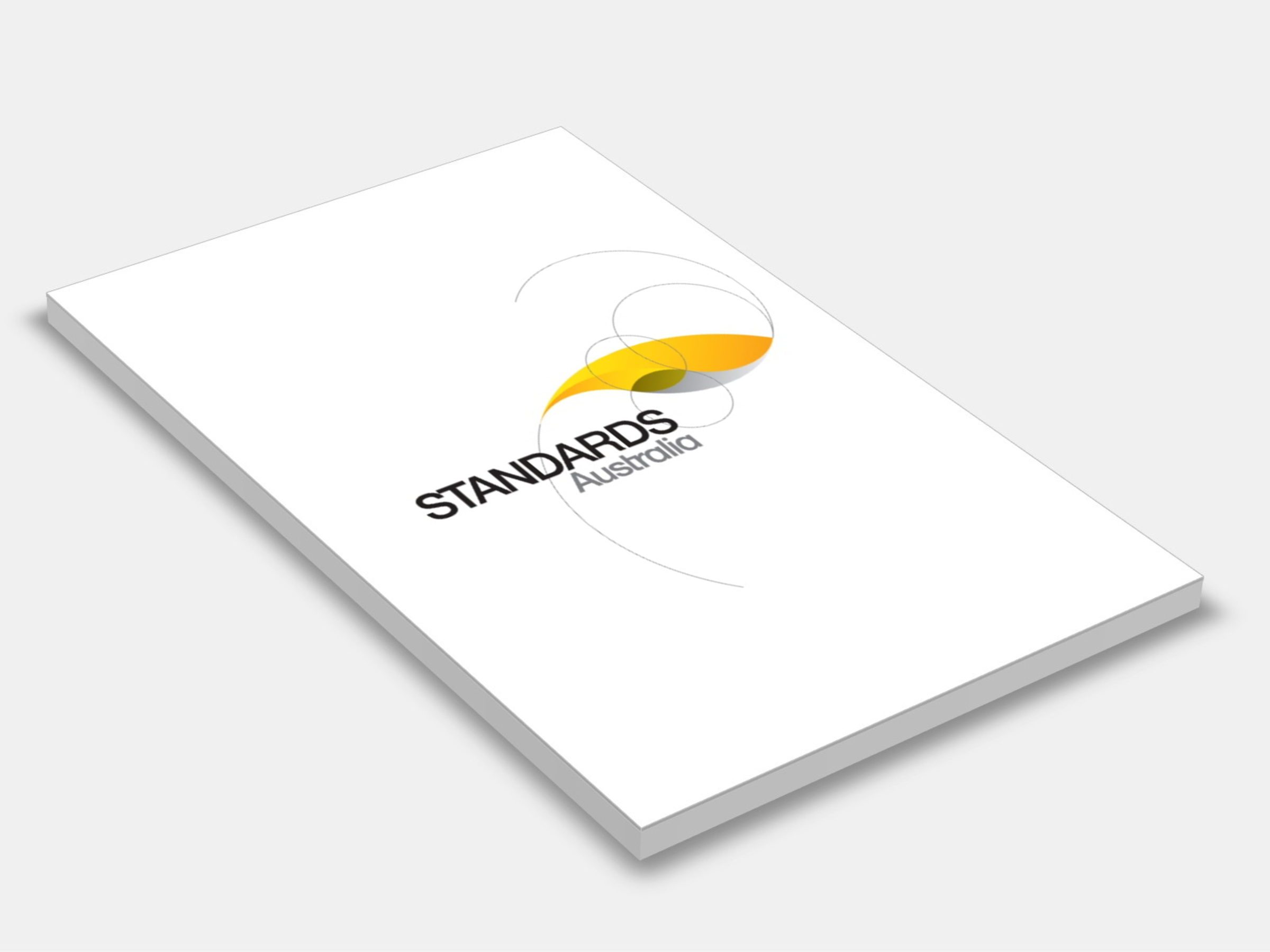
Type
Publisher
Standards Australia
Publisher
Standards Australia
Version:
Sixth Edition 2017.
(Current)
Short Description
Provides requirements for the planning, design, construction, and safe operation of all installations in which flammable or combustible liquids are stored or handled. In separate sections it deals with minor storage, package storage and handling, storage in tanks, fuel dispensing, piping and tank auxiliaries, operations and fire protection facilities. Appendices deal with tank venting, combustion characteristics, fire exposure protection, gas-freeing precautions and principles, and power station and grid transformers.
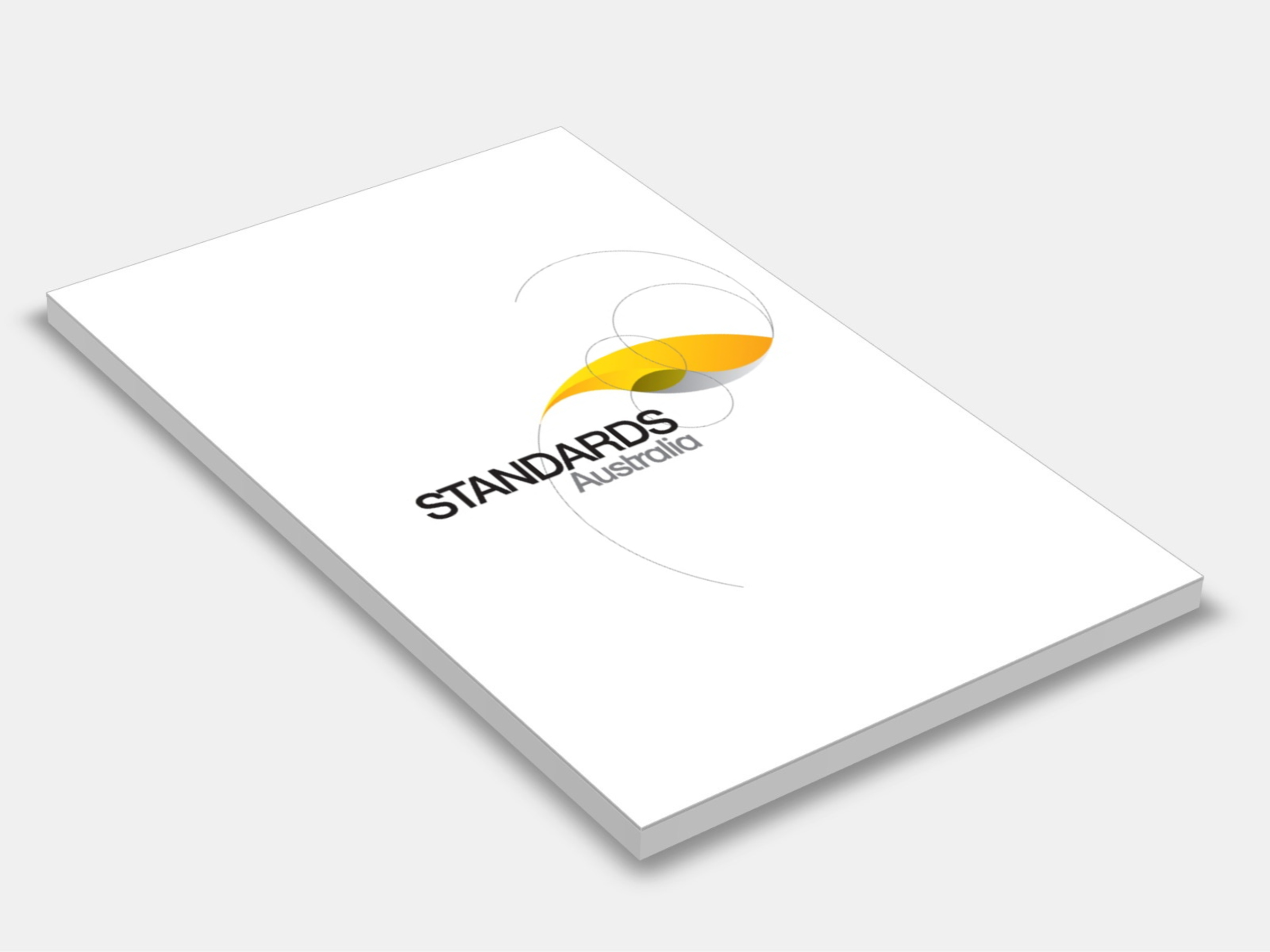
Type
Publisher
Standards Australia/Standards New Zealand
Publisher
Standards Australia/Standards New Zealand
Version:
Third Edition 2003.
(Current)
Short Description
Specifies requirements for the design, construction, location, and operation and testing of systems for the storage and handling of anhydrous ammonia. Requirements for the management of emergencies involving anhydrous ammonia and for the fire protection associated facilities are also specified.
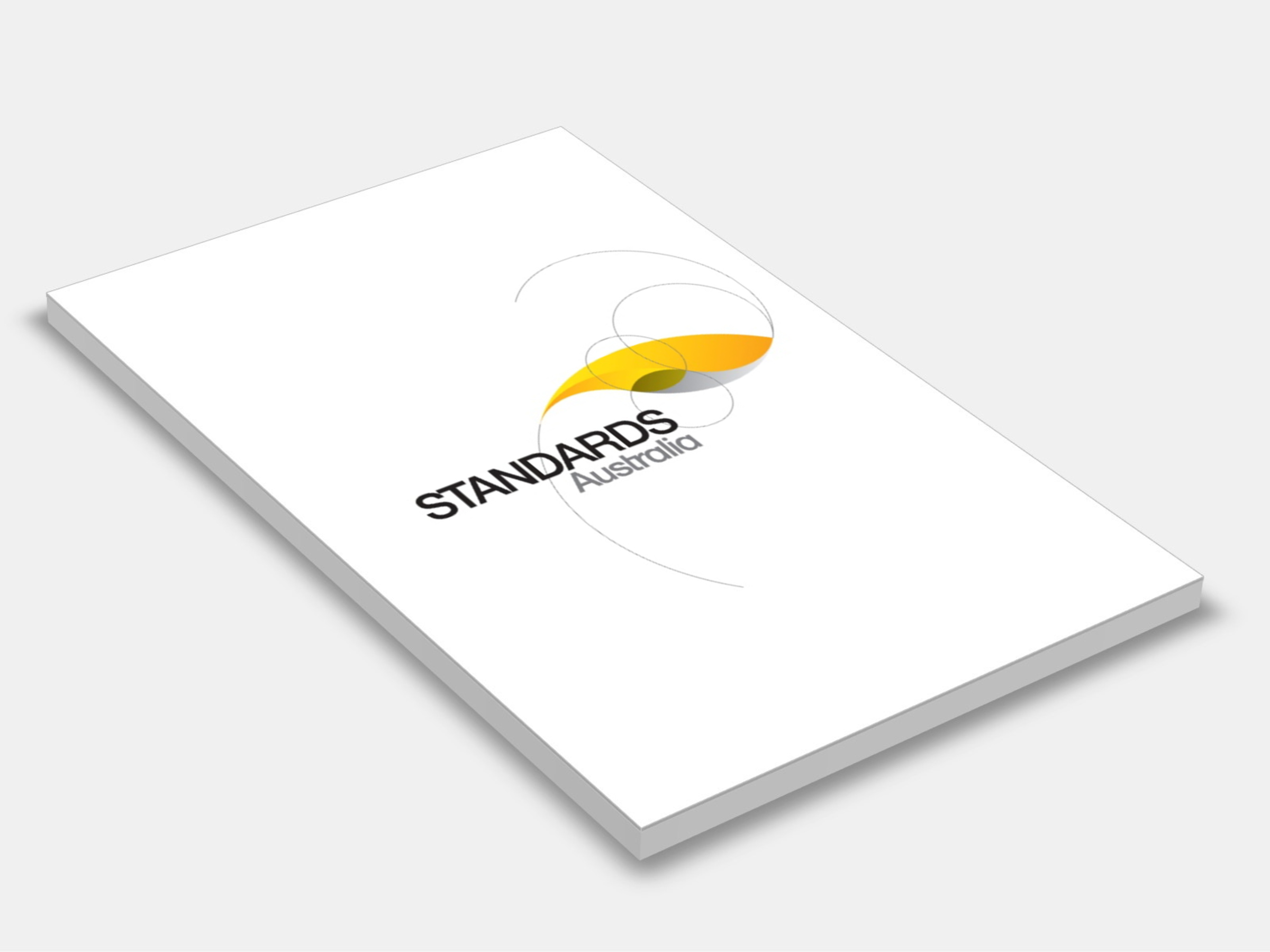
Type
Publisher
Standards Australia
Publisher
Standards Australia
Version:
Second Edition 2004.
(Current)
Short Description
Sets out requirements and recommendations for the storage and handling of gases in cylinders, as classified as Class 2 dangerous goods in the ADG Code. It applies to stores where individual gases (other than those which are covered by specific Australian Standards) are kept, and to stores where more than one type of gas is kept. Requirements for the location, construction and ventilation of stores are given. Recommendations for the management of emergencies and actions in the event of fire are provided in appendices.
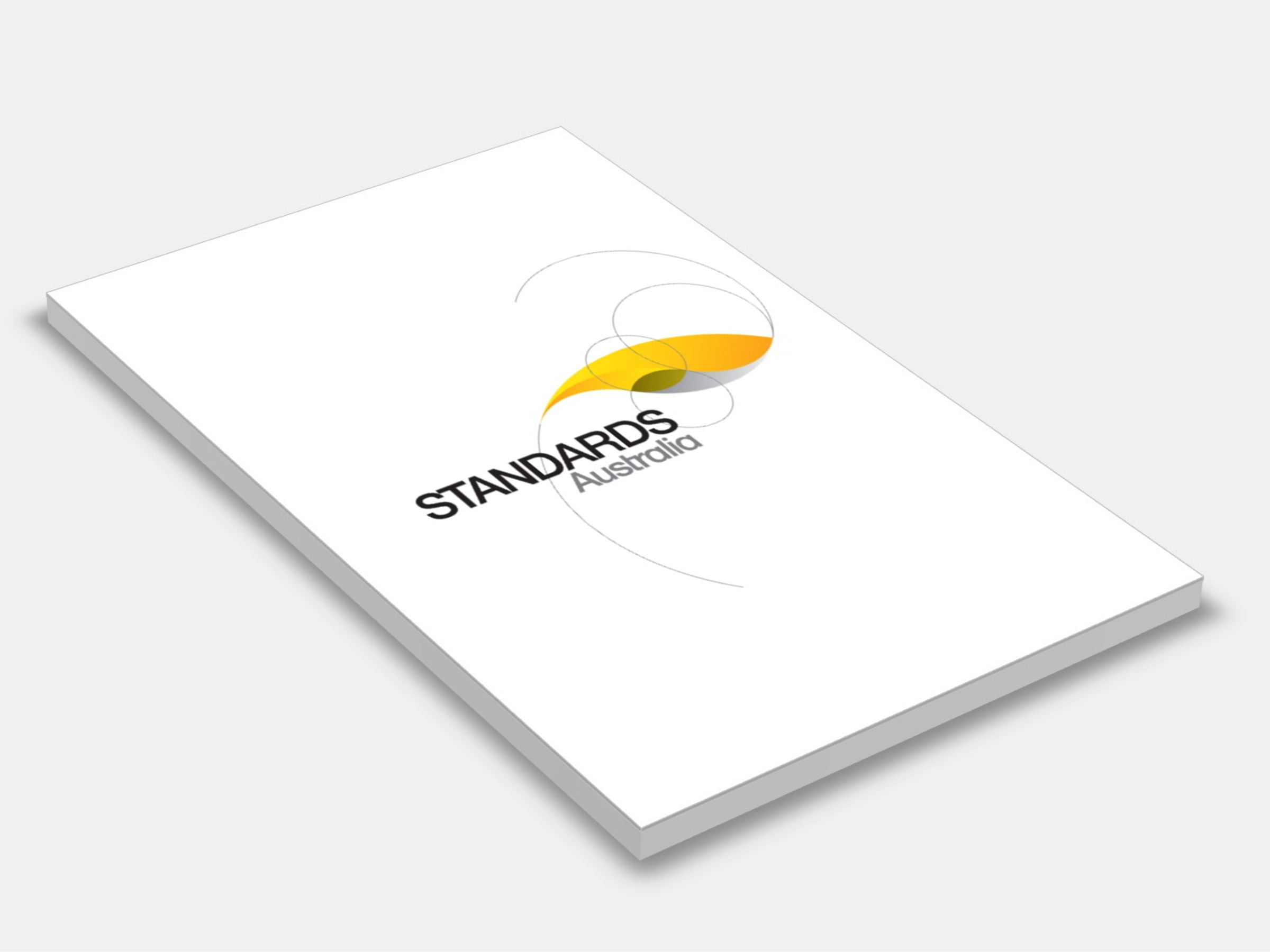
Type
Publisher
Standards Australia/Standards New Zealand
Publisher
Standards Australia/Standards New Zealand
Version:
First Edition 1997.
(Pending Revision)
Short Description
Sets out requirements and recommendations for the storage and handling of toxic substances that in Australia, meet the Class 6.1 classification criteria of the ADG Code and in New Zealand, the Class 6.1 classification criteria of the IMDG Code and Schedules 1-4 of the New Zealand Toxic Substances Regulations 1983. The Standard applies to Class 6.1 substances and may also apply to substances of other classes having a 6.1 Subsidiary Risk. A discussion of the hazards presented by toxic substances and a bibliography of documents providing guidelines on the preparation of emergency plans are provided in appendices.